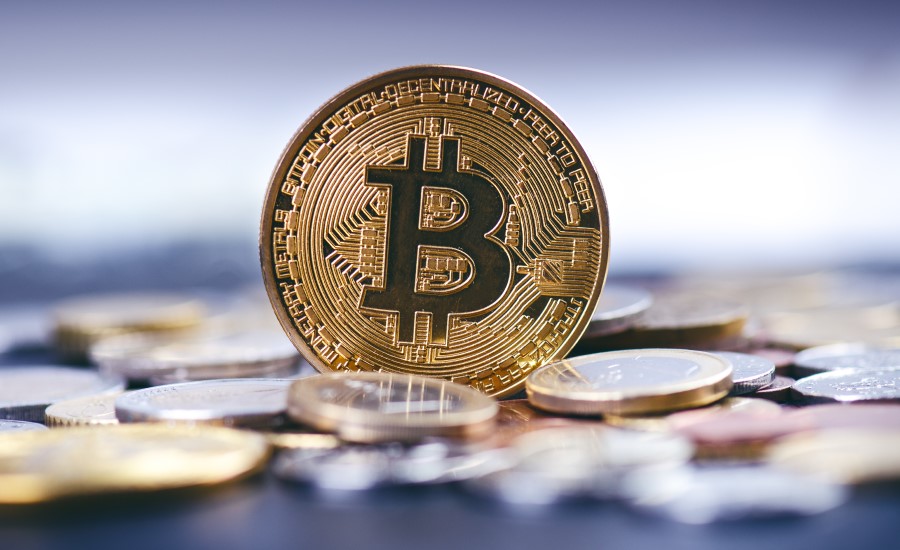
Singapore was pegged by industry experts to become the cryptocurrency capital of the world. In 2021, the crypto-market in Singapore grew to $1.48 billion, a ten-fold increase from the previous year, according to KPMG. Singapore lawmakers’ progressive attitude towards digital asset finance invited investors to its shores, setting up a rapidly expanding industry.
But that changed in 2022. The value of Bitcoin halved. Singapore-based crypto hedge fund Three Arrows filed for bankruptcy, taking with it crypto-exchange Voyager Digital. Another crypto-lender in the country, Hodlnaut, lost close to $200 million when a relatively stable token, TerraUSD, collapsed – revealing gaping holes in the country’s regulatory framework.
This, coupled with the collapse of crypto-exchange FTX, forced the country’s lawmakers to stop and develop a more cautious approach to building a digital asset economy and protecting investments.
The Monetary Authority of Singapore released a consultation paper in October 2022 to create a framework to regulate stablecoins – a large sector of cryptocurrency that is considered inherently more stable by virtue of it being linked to the world’s top fiat currencies. The framework was finalised in August and is likely to come into effect next year.
Amid this regulatory uncertainty around the nature and legality of crypto-assets, the Singapore High Court in July brought much-needed comfort to stable-coin holders in a first-of-its-kind ruling on digital assets.
WHAT WAS THE SINGAPORE HIGH COURT’S RULING?
In a case for summary judgment filed by cryptocurrency exchange Bybit against a former employee over allegations that she abused her position to make unauthorised transfers of cryptocurrency Tether to her own secret bank accounts, the court ruled that crypto-assets carry property enforcement rights. Tether, more commonly known as USDT, is a stablecoin linked to the U.S. Dollar. USDT and another stablecoin USDC dominate around 90% of the $125 billion global stablecoin market cap.
The court ruled that crypto-assets qualify as property capable of being held on trust and consequently, any holder of such assets has a legally enforceable property right under common law.
The court also said that USDT’s feature of being redeemable against the U.S. Dollar is not a necessity to be categorised as a property being held on trust, opening the door for other crypto-assets to also seek similar protections.
WHAT DOES THIS MEAN FOR HOLDERS OF CRYPTO-ASSETS?
The decision brings greater certainty over the rights of crypto-holders in Singapore and creates a precedent for enforcement of such rights in the judicial system.
“The judgment will reassure crypto-asset holders that their crypto-assets are property, and so if they are defrauded they would have a wider range of actions they could take in the Singapore courts to recover such assets, including tracing and other proprietary remedies,” says Amanda Lees, a partner at King & Wood Mallesons.
Lees clarifies that this does not mean an increase in value of the crypto-asset: “While it does not increase the value of the crypto-assets, it may give lenders more comfort to accept such assets as security for loans and provides certainty about how the assets will be treated legally.”
The ruling is also good news for crypto-asset holders from a bankruptcy and insolvency perspective and may allow holders to assert their rights outside the asset pool available to creditors.
“A liquidator/receiver will be able to treat crypto-assets like any other property. If an exchange or platform became insolvent, if a third party was able to claim that a crypto-asset held by that platform was their property (not that of the exchange or platform) they may be able to remove it from the general pool of assets available to the creditors,” Lees notes.
DOES THE RULING PROTECT OTHER DIGITAL ASSETS?
While the ruling protects stablecoins like USDT and leaves the door open for other crypto-assets to seem similar protection, it does not automatically apply to each digital asset.
Lees says that the courts must look at the characteristics of each digital asset to see if it can be regarded as property.
In October 2022, the Singapore High Court recognised non-fungible tokens as property.
The ruling reassures owners of NFTs around the world that their NFTs have legally enforceable rights and are to be treated in the same way as rare art, watches, or other collectors’ items – at least in Singapore, Lees says.
“The greater certainty about the legal treatment of crypto-assets will help market participants in Singapore, and it is good to see the courts in Singapore taking a consistent position,” Lees adds.


